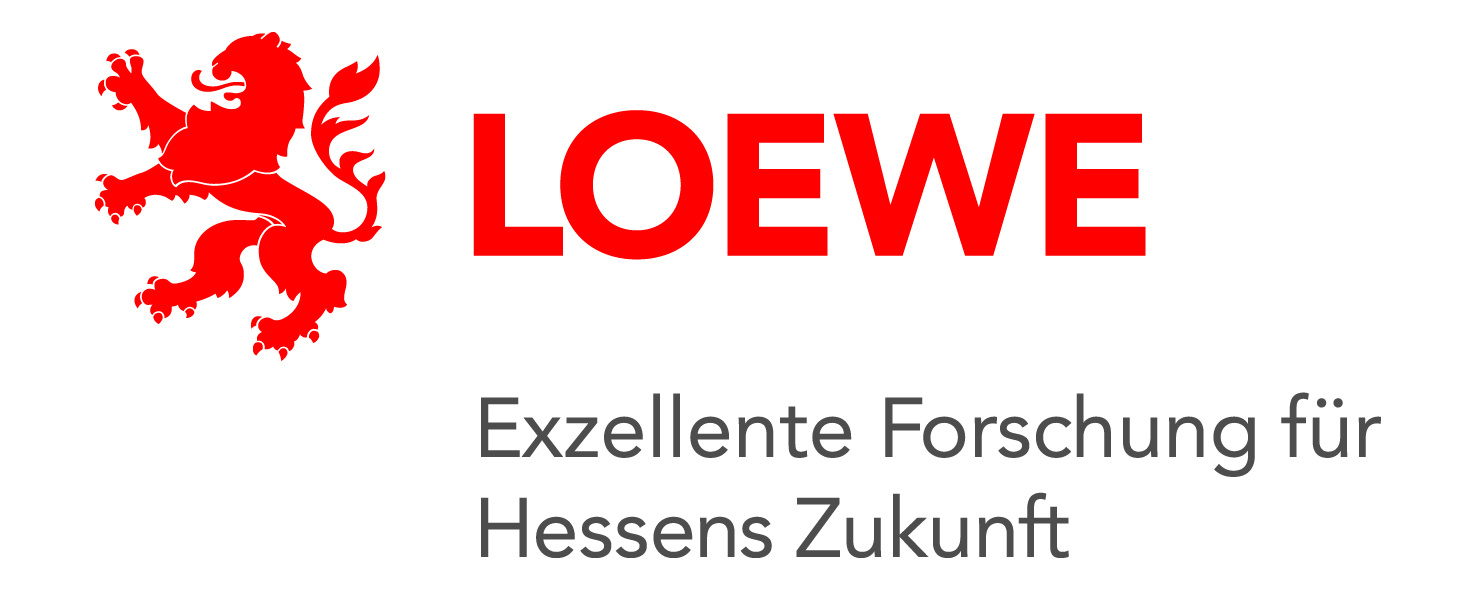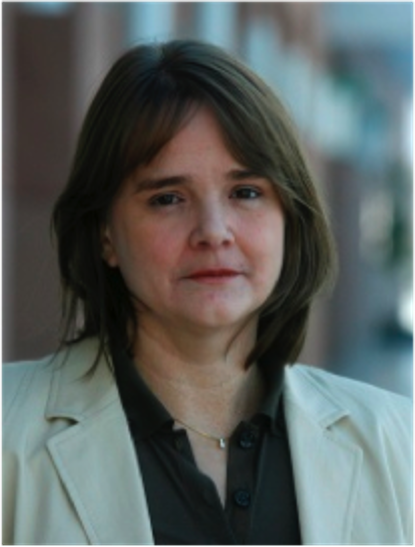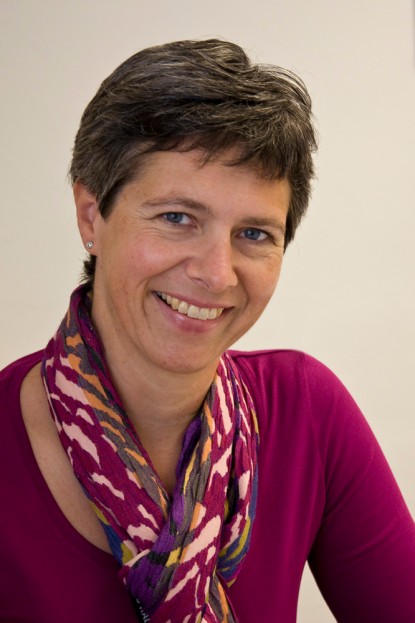The effective application of the designed circuits needs a rapid-prototyping infrastructure in order to evaluate the various implementations and to apply the methods to more complex circuits. CompuGene combines the trial-and-error approach with rational design which in turn makes this research project interesting for science-philosophical questions. The robuster and the more deliberate the knowledge generated by CompuGene, the more trustworthy it will be dealt with in debates on risks in society.
Project D-1
Rapid Prototyping and its applications
Project head: Johannes Kabisch
The aim of project D1 is the identification and development of optimal DNA-assembly methods and their implementation in 2 practical circuits. D-1 is dedicated to (1) evaluation of existing assembly methods, in particular in regard to reliability and efficiency using the circuits from areas A to C; (2) set-up of a rapid-prototyping infrastructure for the design from C-4 in both in vivo model systems; (3) combining the intended logic-based circuits with intracellular stress signals in S. cerevisiae.
Project D-2
Design and evolution in the field of engineering biology
Project head: Alfred Nordmann
The aims of the science-philosophical project is to support and examine the mediation process amongst the different “science cultures” present CompuGene. There are 4 partial aims in D-2: (1) the contextualization of CompuGene in science history and philosophy with regard to international research to synthetic biology in science and engineering, (2) reporting of own research on the observation how demands and limits in science are dealt with, (3) reports how communication is achieved within the project and (4) how biological research with a strong engineering component is embedded in discussions in society, in particular in regard to “responsible research and innovation”.




